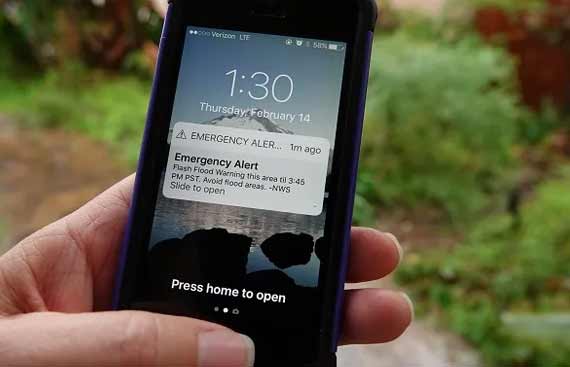VoIP duo targeted by FCC over spam call failings

The FCC sent Vonage and Bandwidth to its Enforcement Bureau for violating their STIR/SHAKEN agreements
FREMONT, CA: The Federal Communications Commission (FCC) in the United States has strengthened its stance on Vonage and Bandwidth for failing to deploy spam call protections within an agreed-upon timetable. As a result, the FCC sent Vonage and Bandwidth to its Enforcement Bureau for violating their STIR/SHAKEN agreements. The FCC has been insisting for years that US telecom carriers apply STIR/SHAKEN standards to fight robocalls. The FCC claimed that Bandwidth and Vonage had their partial exemptions from STIR/SHAKEN revoked after they failed to satisfy certain implementation requirements.
The FCC's chair, Jessica Rosenworcel, said the agency will hold firms accountable if they fail to achieve their pledges to protect consumers against robocalls as companies implement STIR/SHAKEN. By the end of June 2021, large providers were required to install STIR/SHAKEN across their IP networks. The STIR/SHAKEN standards establish a common language for networks to share information in order to validate caller ID information, which can then be used by robocall filtering software, FCC investigators, and consumers.
Providers who satisfied an early implementation date of December 2020 were given some conditional leniency in executing the framework until the final deployment deadline of mid-2021. Before the referral to the enforcement division, the FCC's Wireline Competition Bureau handled Bandwidth and Vonage. A Bandwidth spokeswoman told Mobile World Live that a limited percentage of antiquated equipment couldn't support STIR/SHAKEN, but the company was striving to get traffic off of that infrastructure.
The FTC and the Federal Communications Commission (FCC) sent joint letters to three companies that provide Voice over Internet Protocol (VoIP) services, warning them that routing and transmitting illegal coronavirus-related scam robocalls is illegal in and of itself, and could result in federal law enforcement action against them.
Two of the carriers are accused of channeling coronavirus-related fraud robocalls from other countries, according to the agency. Three warning letters from the FTC and the FCC were sent to VoIP service providers in early April, 2022. The letters received, like the ones sent in April, inform recipients that they have been recognized as routing and delivering coronavirus-related scam robocalls and that they must stop immediately or face possible legal action.
